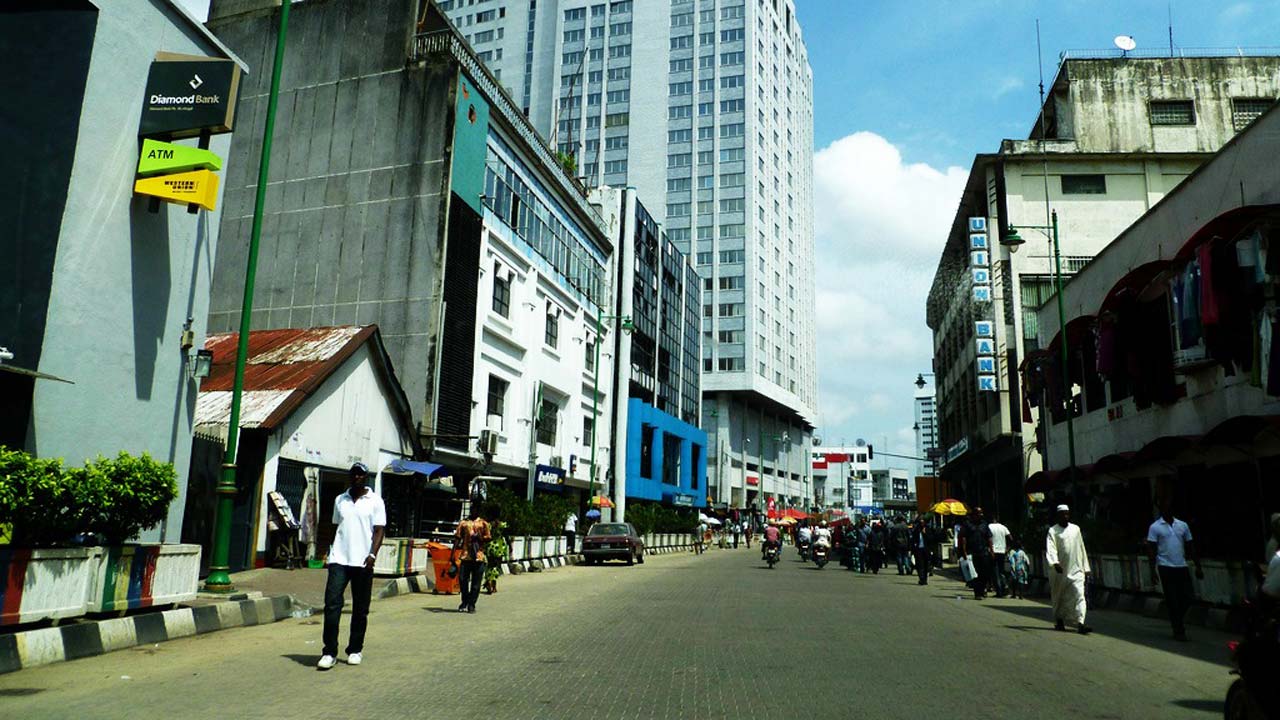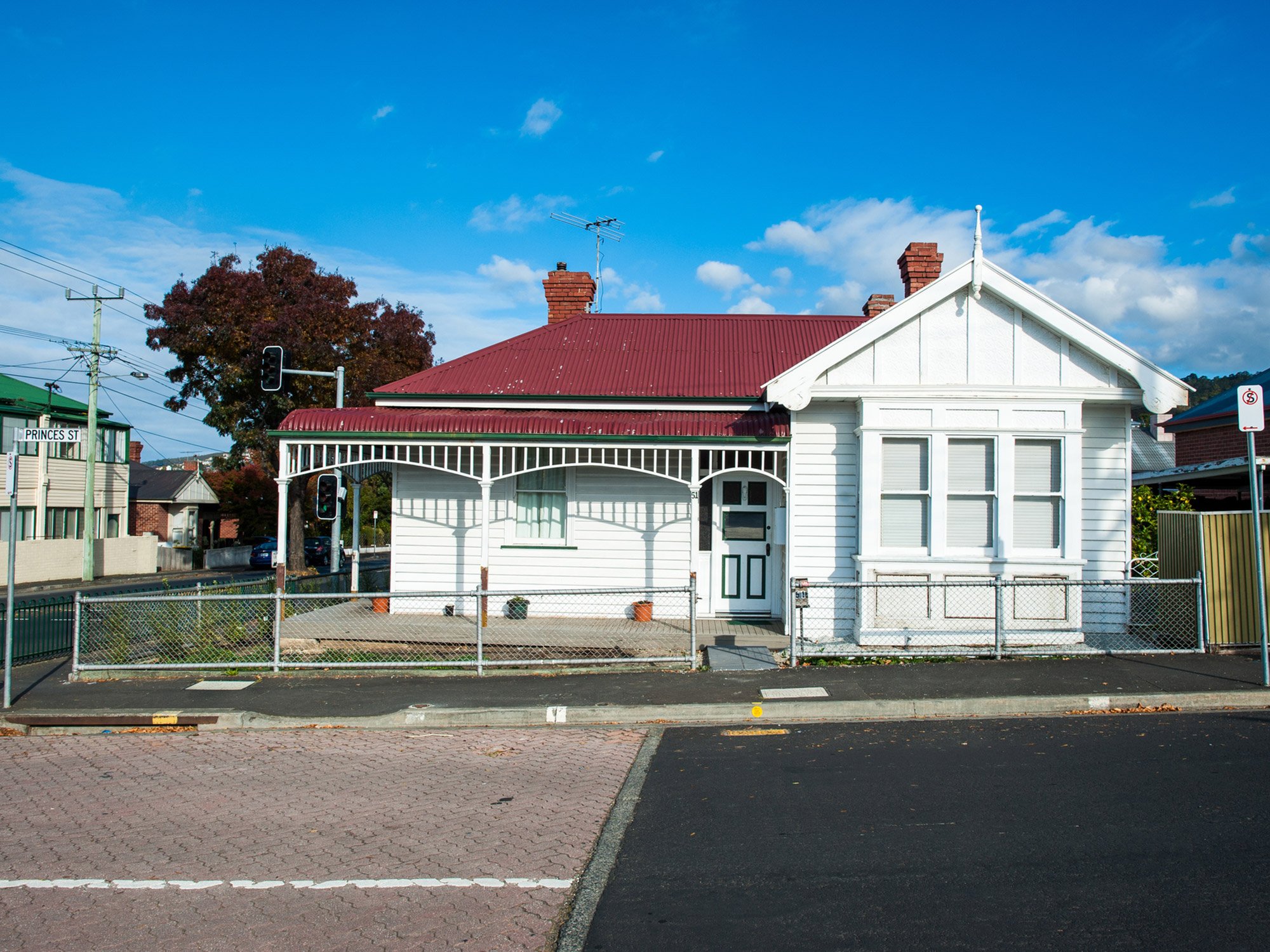
PHOTO: Architecture Lab
Following the high vacancy rates in highbrow areas, landlords and property investors are transforming residential buildings into prime urban real estate.
The new trend is fast gaining ground in major cities and urban centres such as Lagos, Umuahia, Enugu and Portharcourt. The Guardian investigations revealed that residential accommodation are being converted into industrial and commercial property in Surulere, Ikeja, Oshodi-Isolo, Mushin and Agege, Also, it is trending in Kaduna Street and Uzuakoli Road in Umuahia, the Abia State Capital.
Developers say, the option has become necessary for newly acquired residential real estate property to boost its value as well as maximise the revenue it delivers as an investment.
One way to achieve this goal is to develop the residential premises into a commercial property and either sell or lease the converted spaces. In Lagos, especially the Oshodi area, most of the residential property has been turned into shopping complexes while in Ikeja GRA, it is a mixed fortune for the investors. The developments are either for office complex or hospitality industry.
Converting residential developments into commercial buildings have recently become an attractive prospect due to location, access to all the desirable amenities including public transport, schools and arterial roads.
The Guardian learnt that the recent model city plan for some of the areas, which removed the planning or zoning constraints made it possible for investors to re-use, demolish or redevelop properties. More spaces are being sought for the retail market in Lagos, according to Cluttons Lagos Commercial Property Market Outlook report.
“Our expectation of a positive turn around in retail in the medium to long term stems from the fact that the retail mall sector remains vastly underserved. Given the size of the population in Lagos, the city has the capacity for mega malls in excess of 100,000 square metres, which would serve as an entertainment or tourist attraction, becoming destinations in their own right,” the report said.
But the Lagos State Ministry of Physical Planning and Urban Development, whose authority is to give developers permission to alter their building plan said although the issuance of change of use and increase in decks were stopped since 2007, there are noticeable surge in the number of buildings being converted for commercial and other uses.
A top official of the ministry, who spoke on the condition of anonymity said government decided to change the system with the model city platform to ensure a holistic approach towards mitigating some infrastructural challenges that accompanied a piecemeal approach associated with the old order.
According to the official, the model city plan is a holistic solution that takes care of road network and other infrastructure envisaged as a result of expansion.
Narrating why some landlords and developers have adopted the redevelopment option, the official said, it was as a result of high demands and greediness on the parts of landlords who seek for immediate economic gains.
Construction wise, commercial buildings, he said were cheaper compared to residential buildings because of lack of certain amenities like toilets and kitchens, which could easily consume spaces, while payment of commercial rents are easily accessible than residential rents.
He however, advised developers and landlords involved in redevelopment of their property to consult the ministry for proper guidance as well as to avoid the running foul of the law.
A developer, who is conversant with the system Mr. Debo Adejana, said the system came with irresistible economic gains.
Adejana, who is the Managing Director and Chief Executive Officer of Realty Point Limited, said the platform comes as a joint venture with owners of the property hence, without any cost to the developer apart from the building cost.
He disclosed that other derivables from the scheme include the existence of infrastructure as there may not need for the developer to provide such as the case with developing new estate.
According to him, with proper legal arrangement with the owners, the scheme has a lot of economic gains in terms of return on investment, as people who are already in the neighbourhood may not want to relocate with the provision of modern apartment.
The Managing Director, of UACN Property Development Company PLC, Hakeem Ogunniran, said the company has carried out many of such projects such as the redevelopment of Golden Tulip Hotel to make it profitable.
For Mr. Segun Ashogbon developers now do that in line with what the state government has been conversing that there should positive transformation within the estates and in density areas to create more housing opportunities for Nigerians as well as keep the city centre globally attractive.
Ashogbon who is the Managing Director of Ashglow property Limited pointed out that developers look for houses that are under-utilised or dilapidated especially in high density areas, strike a deal with the owners, pull them done and rebuild them into nice structures.
He noted that by carrying-out such activity more jobs are also been created and more value is added to whatever is happening within such locality.
“In situation like that by the time such structures are completed, people will begin to wonder that we never imagine that such an edifice can actually come up in this area and so something better will be added to the neighourhood”.
He said that such redevelopment is quite expensive in the short-run but in the long run developer could easily recoup their investments as well as make profit.
More importantly, he said because of the opportunity like easy accessibility in terms of road, constant power supply and being a highbrow area, people show up to buy as soon as the structure is completed.
According to him, developers don’t like going into places where there are no good road network and other basic infrastructures as there won’t be prompt customer demand for their products hence, their investment will be tied down indefinitely.
He stressed the need for government to spearhead the idea of putting in place basic infrastructures in rural areas before the private sector can key into it for further investment, growth and the total development of the nation.
[ad_2]
Guardian



